Tourism has a symbiotic and occasionally parasitic relationship with biodiversity. Biodiversity pulls in visitors with the wildlife and the aesthetic beauty that is associated with pristine natural habitats and in turn, the revenue generated from tourism can go towards conservation efforts and upkeep of protected areas. However, unchecked and unsustainable tourism degrades natural environments, destroying the very thing that attracted visitors there in the first place. Tourism plays a prominent role in Sri Lanka’s post-war economy, generating $US 2.2 billion in revenue in 2015, with coastal tourism making up a large proportion of that. Tourism plays a crucial role in coastal economies, and while recreational beaches are widely marketed, other activities such as scuba diving, snorkeling and marine safaris are growing in popularity and are directly dependent on thriving marine ecosystems. The Bar Reef Marine Protected Area, which is the richest and most diverse marine protected area in Sri Lanka is estimated to provide livelihood options to over 15,000 people in the area through tourism activities. As tourism expands to remote and untouched marine environments it is vital that biodiversity is protected from overexploitation. In addition to threats from climate change and coastal erosion, marine debris or litter poses a challenge to both biodiversity and tourism in Sri Lanka.
Marine debris, which mostly consists of plastic waste, is now one of the primary threats to marine ecosystems. Given that the consumption of plastic is only increasing, it is estimated that by 2050 there will more plastic than fish in the oceans. Buoyant and durable, plastic is dispersed over vast distances and is found even in the most remote corners of ocean, from the Marianna Trench to remote pacific islands. Lasting for centuries, plastic debris poses a serious threat to marine wildlife that ingest the plastic or get entangled and strangled by it. Accumulation of plastic on the seafloor impairs the functioning of the ecosystem and even when it does fragment into smaller pieces, plastic enters the food chain, ending up in the food we eat.
The Indian Ocean is particularly affected by plastic waste, with Mumbai’s beaches being the most polluted in the world. Sri Lanka is not exempt from blame; a study using global data on solid waste, population density and economic status for estimates of the amount of plastic entering the ocean from each country, ranked Sri Lanka as the fifth greatest polluter.
While tourism is a driving force behind marine pollution, it also stands to be the most affected by it. Marine debris will be a growing problem for the tourist industry in Sri Lanka, not only as the resultant biodiversity loss affects activities such scuba diving, whale watching and snorkeling, but also destroys the recreational value of beaches as stretches of pristine coast become polluted with litter. This has already affected popular tourist beaches in Mount Lavinia and Negombo, and beaches in the relatively untouched North and East will be also trashed and degraded due to intensified tourism.
Considering that tourism stands to lose out considerably from the degradation caused by marine debris, it is essential that hotels and other institutions become active partners in tackling plastic pollution. In order to be part of the solution and not the problem, hotels need to take responsibility for their own waste management, particularly as the industry generates a large quantity of waste due to the disposable items employed; it is estimated that a single guest generates 1kg of waste per night. Carrying out waste audits and introducing sustainable practices such as waste segregation, wastewater reuse, composting and responsible disposal of waste are all methods in which hotels can reduce their contribution to marine litter. Rather than ensuring that the stretch of beach that hotel guests will use is pristine and free of unsightly garbage, hotels need to engage and support other stakeholders such as local communities and authorities to ensure that marine environments are clean and healthy in the long run. There is a severe dearth of data on marine debris in Sri Lanka and an urgent need to quantify and assess marine debris in Sri Lanka’s coastal waters in order to conserve these important ecosystems. By supporting scientific research and community initiatives to reduce waste, the tourist industry is ensuring the sustainable management and future of ecosystems which their core operations are dependent on.
Photo credits: Dhiya Sathananthan



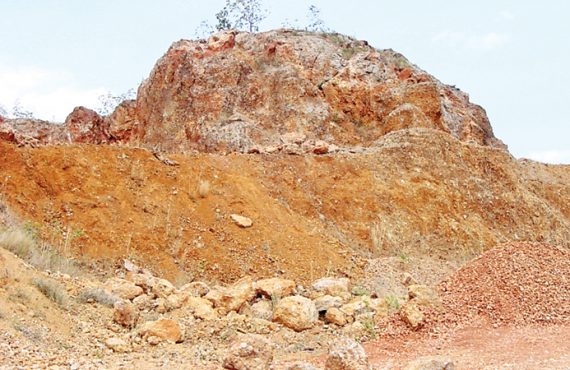
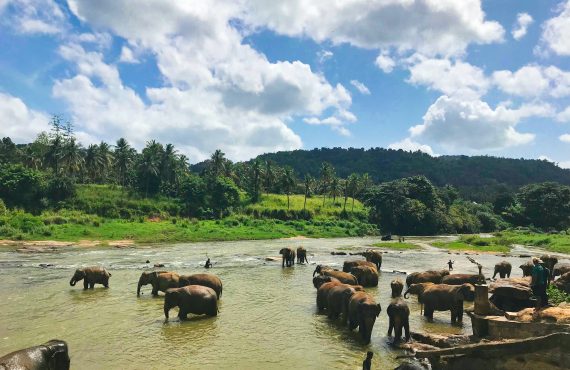



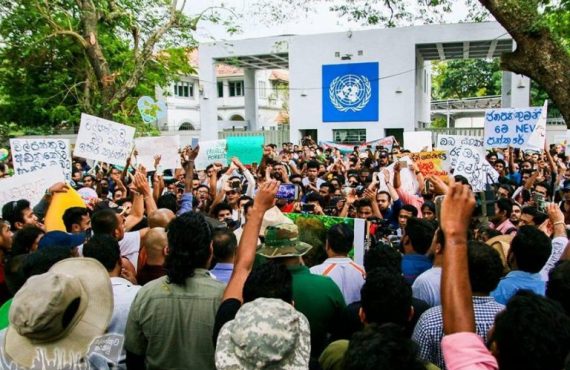
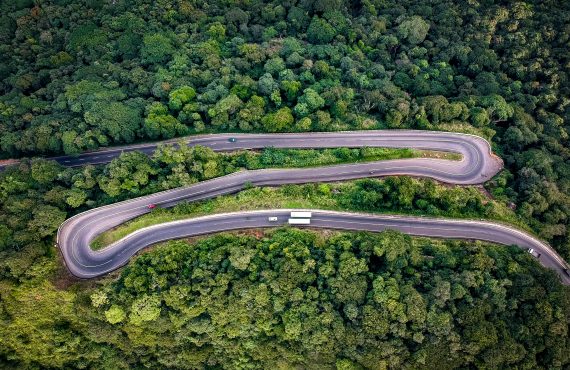
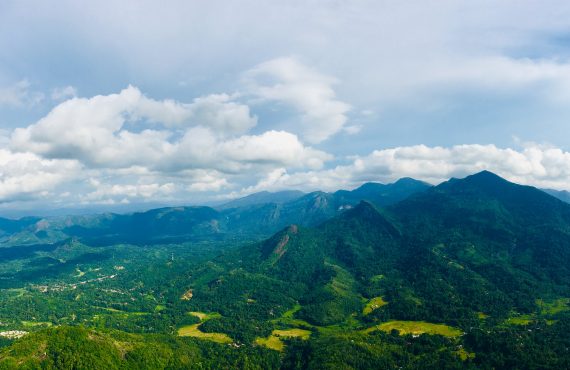
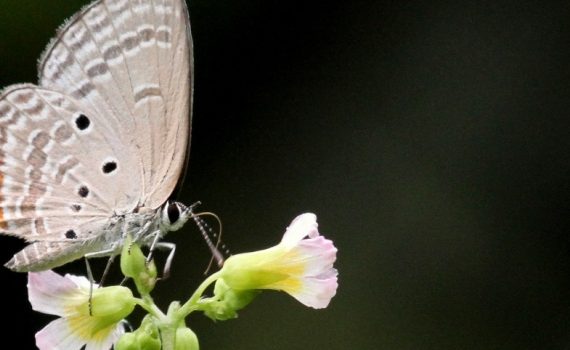
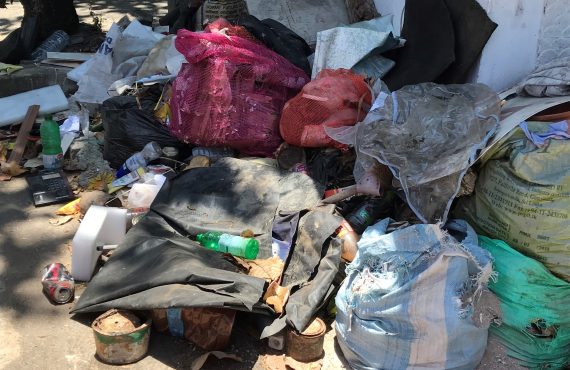

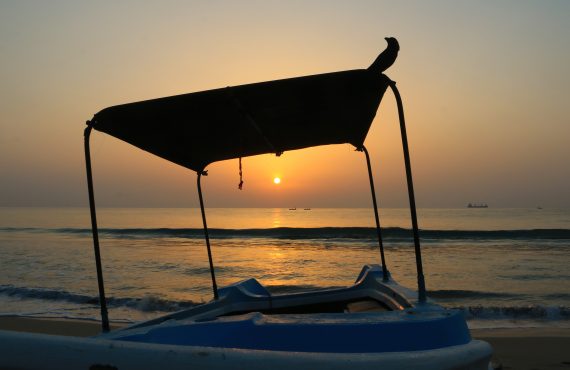
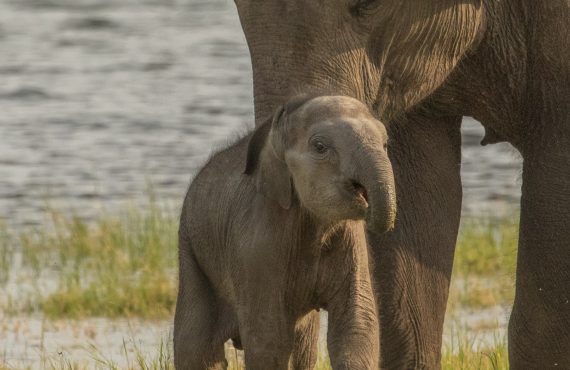

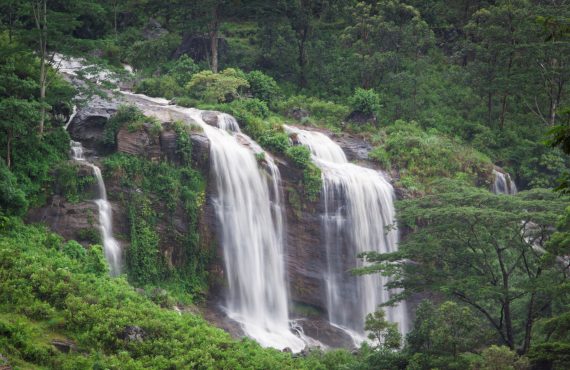

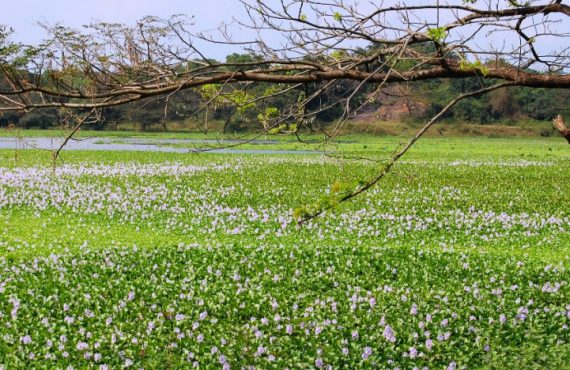
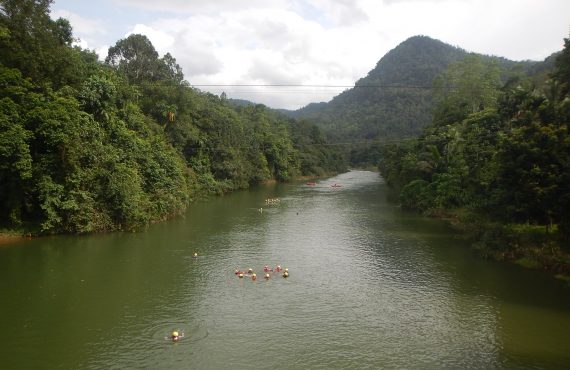


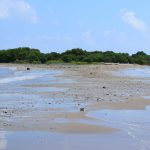

No comments yet.